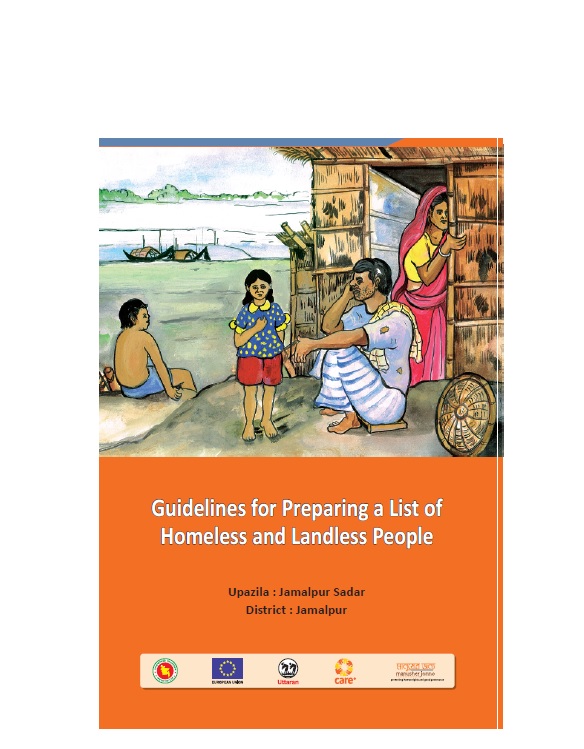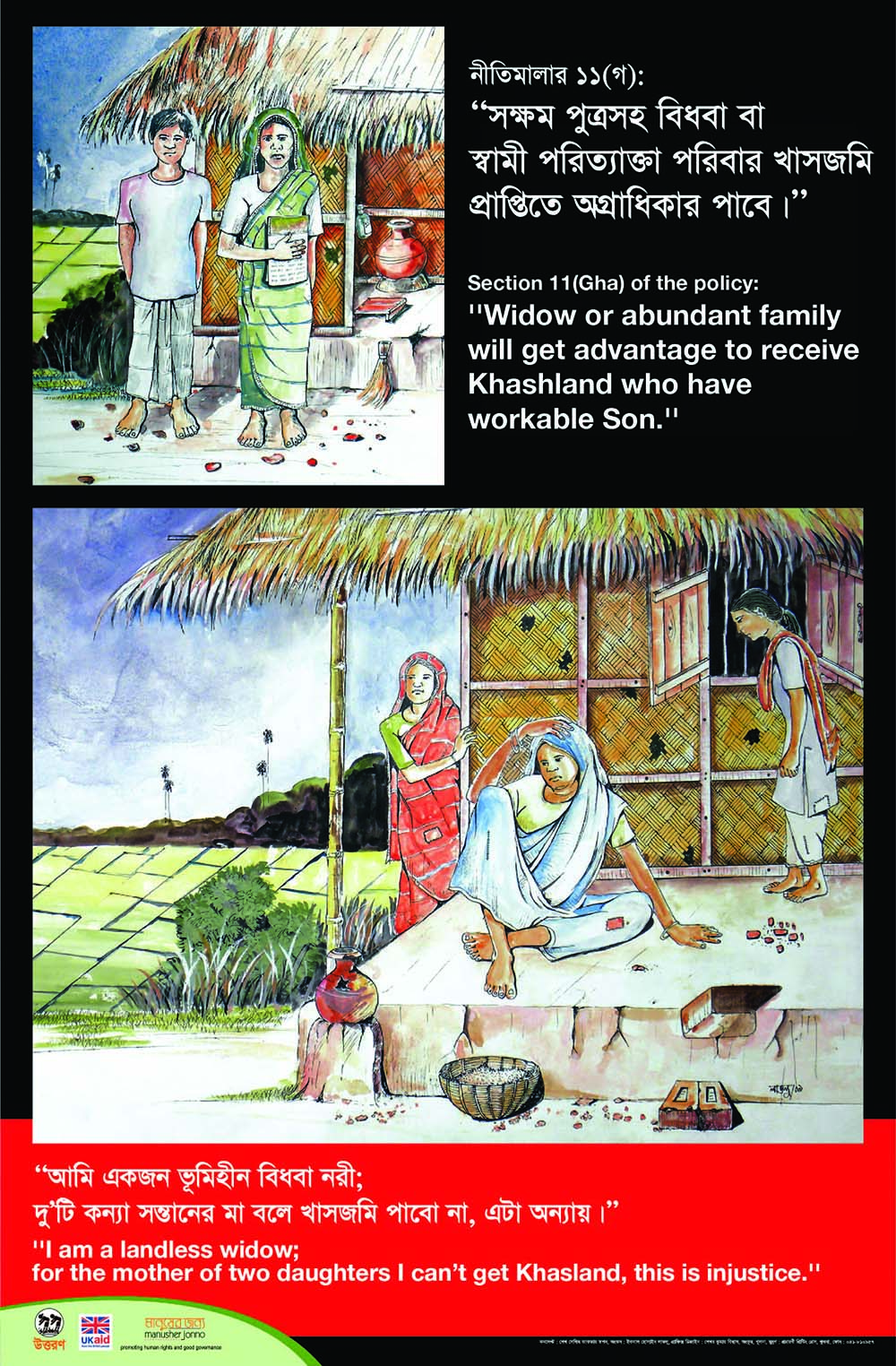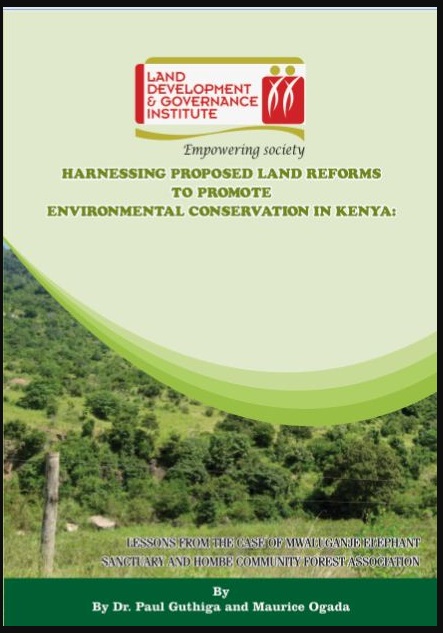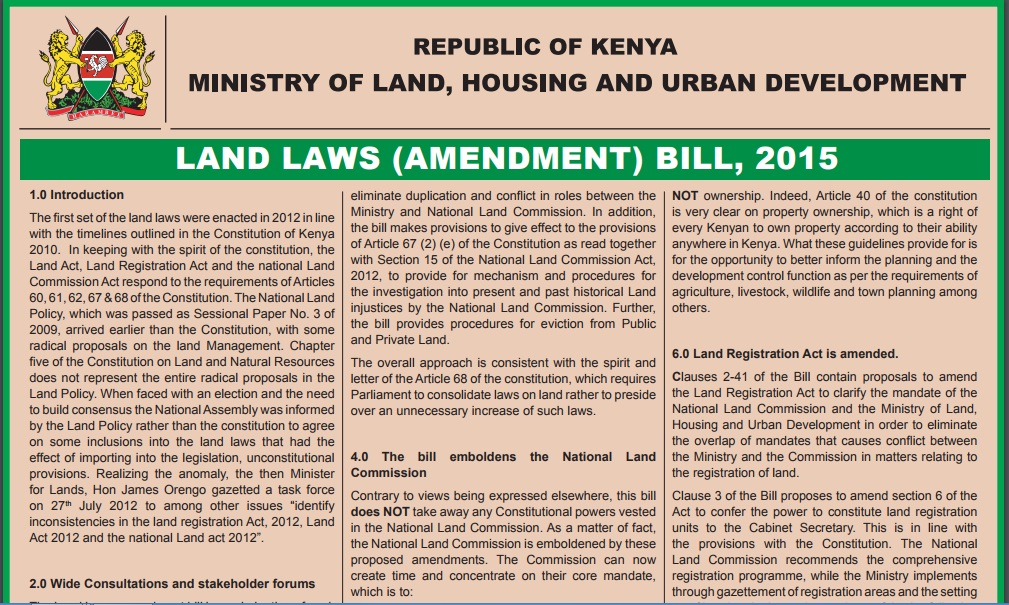Guidelines for Preparing a List of Homeless and Landless People, Bangladesh
The Jamalpur district administration has decided to prepare an online database of the real landless and homeless in Jamalpur Sadar Upazila. Forming the selection committees at Union and Ward level is an effective step to make the list of real landless and homeless people. This will make the identification process of the actual landless, poor and vulnerable people easy, acceptable to all and impartial. I hope that once the list is finalised, it will be useful in selecting beneficiaries for the various safety net and development programmes of the present government.












